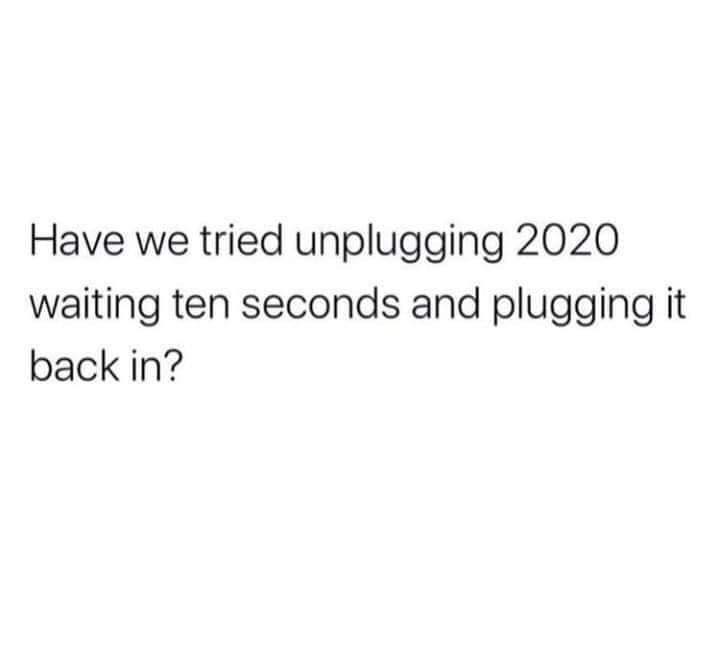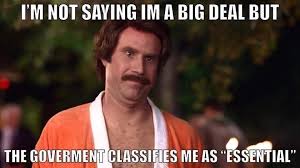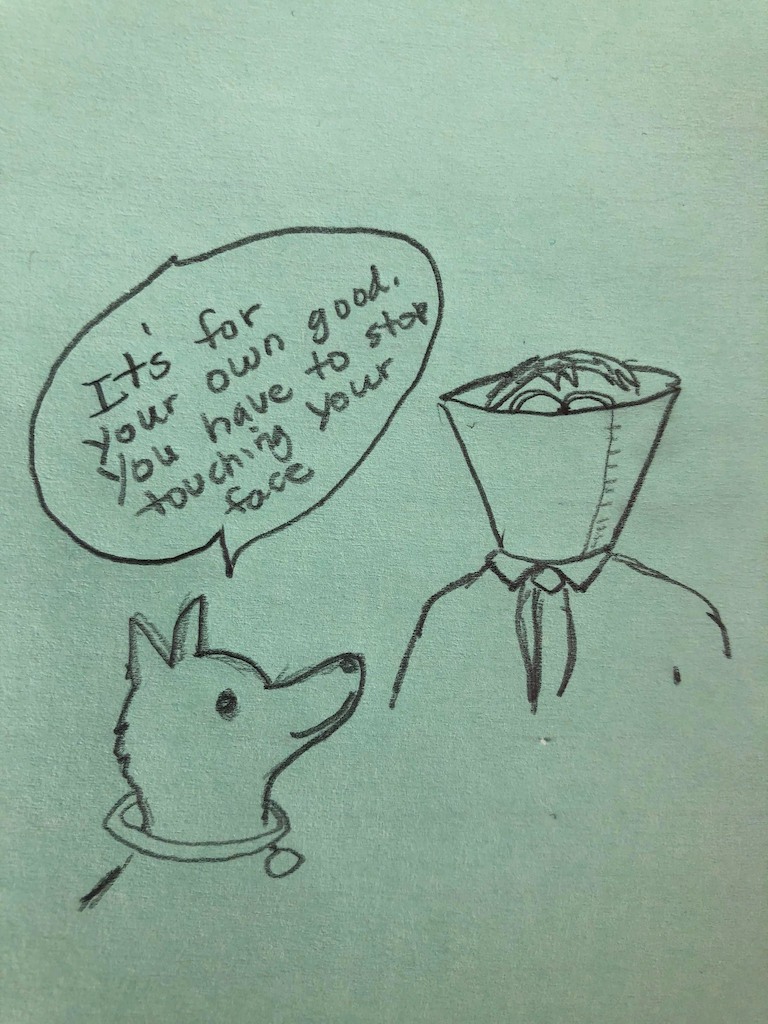
By Katie Montaño
As the world fights the coronavirus outbreak, stress and worry are prevalent emotions. An underrated and helpful outlet for negative feelings is humor as it improves overall health, mood, and can help us look at a difficult situation differently. During this time, many are not only united in their efforts for health, safety, and helping those in need, but through internet memes that give a moment of comedic relief from this serious and stressful reality.

Wired informs the word “meme” comes from evolutionary biologist Richard Dawkins who coined the term in 1976. Dawkins theorized cultural ideas were like genes and called these relics memes or “bits of cultural DNA that encoded society’s shared experiences while also constantly evolving.” Memes were passed on, imitated, and transformed, becoming what we know them as today. Images of cats, babies, embarrassing yearbook photos, etc. with bold black-and-white words, hashtags, GIFs, or videos made as jokes to be passed across social media, memes can be made from just about anything.

This virus has impacted our everyday lives in a multitude of ways, some of the most significant being the need to stay inside and keep good personal hygiene. During quarantine, people are using the internet more than ever to connect with others, work from home, attend school, shop, stream, etc. A New York Times analysis of internet usage in the U.S. from two online statistics providers, SimilarWeb and Apptopia, revealed that from Jan. 21 to Mar. 24, Facebook.com saw a 27% increase, Netflix.com a 16% increase, and YouTube.com a 15.3% increase. While the information available at the tips of our fingers about this outbreak can be a helpful resource to stay informed, spending too much time focusing on it can lead to negative feelings like stress and worry. The study found Americans moving away from the smaller screens on our phones to computers, as we need a device that can make work, connecting, and entertainment easier. The study outlines the increased use of multiple platforms, including numerous video game sites and sites for streaming gameplay, like Twitch, where engagement has increased by 20%. The mobile app, Tik Tok, filled with 60-second dancing videos, lip-syncing, art, etc., was growing before the coronavirus outbreak and has seen steady growth ever since.

Stressful situations impact everyone differently. According to the Centers for Disease Control and Prevention, people who may respond more strongly to the stress of this crisis include older people and people with chronic diseases who are at higher risk for the virus, children and teens, those who are helping with the response to COVID-19 and are “essential”, like health care providers, first responders, grocery store and restaurant employees, and people who have mental health conditions, including problems with substance use.

Fear, worry, and stress, however, —if excessive and unproductive—can only make the situation worse. The American Heart Association informs, “stress can affect your mental and physical health in so many ways,” such as anxiety, headaches, depression, problems sleeping, weight gain, memory and concentration issues, digestive problems, high blood pressure, heart disease, and stroke. Negative emotions like stress and anxiety can become overwhelming and finding helpful and healthy coping mechanisms can make you, the people you care about, and the community stronger, according to the CDC. They also mention a few things you can do to support yourself to cope with stress, such as taking breaks from repeatedly hearing about the pandemic on the news or social media, taking care of your body with regular exercise, healthy meals, getting plenty of sleep, unwinding or doing activities you enjoy, and connecting with others. While laughter isn’t mentioned (although it could fall under activities you enjoy) HelpGuide states, “humor lightens your burdens, inspires hope, connects you to others, and keeps you grounded, focused, and alert. It also helps you release anger and forgive sooner.”

Laughter has positive short-term and long-term effects, according to Mayo Clinic. Some of its short-term effects can include, stimulating many organs to enhance the intake of oxygen-rich air and increase the endorphins releasing in your brain, activating and relieving your stress response to make you more relaxed, and soothe tension that can help muscle relaxation and reduce the physical impacts of stress. The long-term effects of laughter may improve your immune system, as positive thoughts can release neuropeptides that help fight stress and potentially more-serious illnesses, relieve pain, increase personal satisfaction, connect with other people, and improve your mood.

The memes poking fun at coronavirus and the change it has created, are easier seen than explained, but many of them make jokes about 2020 being a rotten year, what people are doing in quarantine, toilet paper shortage, etc. Many of them are relatable, funny, creative, shareable, and sure to make you forget the severity of what’s going on in the real world for at least a few minutes. According to Vox, memes are “an unexpected ally in the fight against coronavirus”, because as well as some lighthearted humor, many of them emphasize the significance of keeping good hygiene and preventive health behavior.

“Life brings challenges that can either get the best of you or become playthings for your imagination. When you “become the problem” and take yourself too seriously, it can be hard to think outside the box and find new solutions. But when you play with the problem, you can often transform it into an opportunity for creative learning,” HelpGuide states. During this time of uncertainty, it is difficult, if not impossible, to find a definitive solution other than the precautions we know to take in order to stay safe and healthy. Uncertainty is often scary because of the absence of a solution, but the only one possible and helpful for the avoidance of negative emotions is acceptance. We must accept that we do not know what tomorrow brings and live for today. Every new day is filled with new obstacles, but we can all get through them with positivity, hope, and more moments of happiness and laughter.


